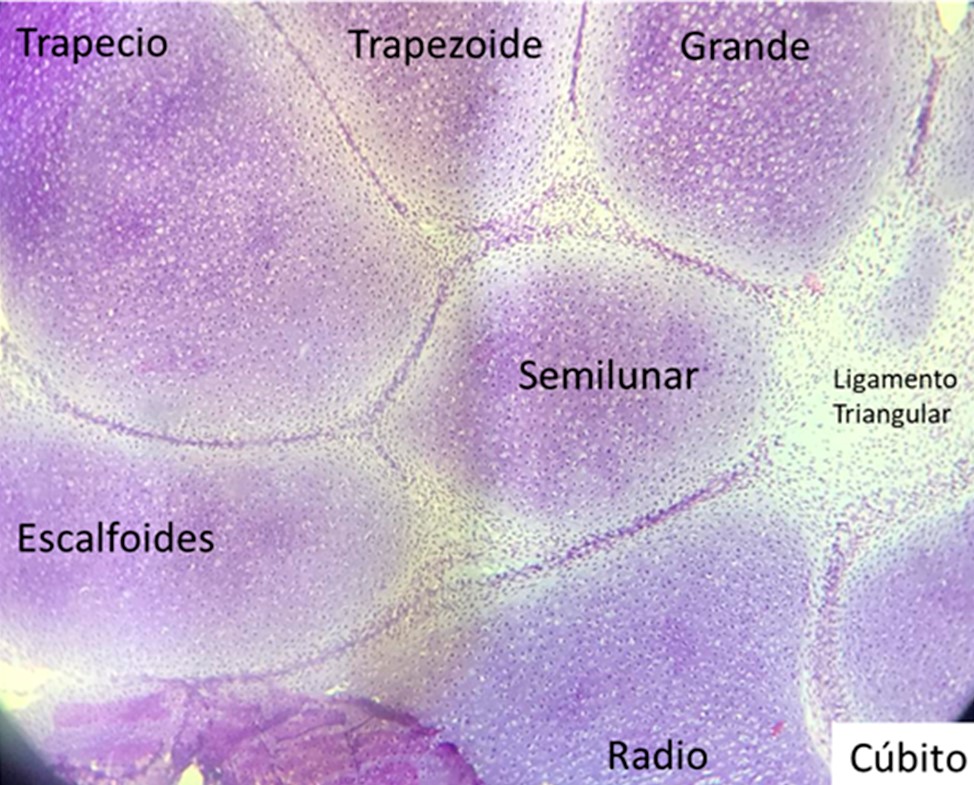Abstract
Fragile X syndrome (SFX) is the leading inherited cause of cognitive disability and the most common inherited known cause in Autism Spectrum Disorders (ASD). In this syndrome, the expression of the Fragile X Mental Retardation Protein (FMRP), an RNA-binding protein that functions as a negative regulator of translation, is affected. FMRP participates in the synaptic refinement of neuronal circuits during development. Failures in its function coincide with the appearance of neuronal circuits overabundant in immature dendritic spines and with loss of synaptic plasticity.
On the other hand, Neuroligins (Nlgs), which have been found to be mutated in some patients with ASDs, are postsynaptic neuronal adhesion proteins. These proteins help in the dendritic specialization and maturation, and their mutation coincides with alterations in synaptic transmission.
Since FMRP and Nlgs are proteins necessary for the processes of synaptic elimination and maturation, both affected in FXS and ASDs, in this review we collect and examine the evidence of the main findings on these proteins, their relationship and their modulation dependent on the electrical activity generated by sensory experience. In addition, we highlight Drosophila melanogaster as the animal model of the emerging research in this field.

This work is licensed under a Creative Commons Attribution 4.0 International License.
Copyright (c) 2020 Elisa Viveros Araque, Juliana Rengifo Gomez, Lina Vanessa Becerra-Hernández



